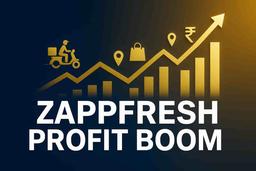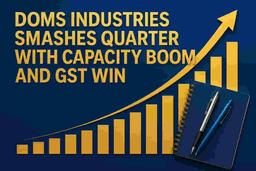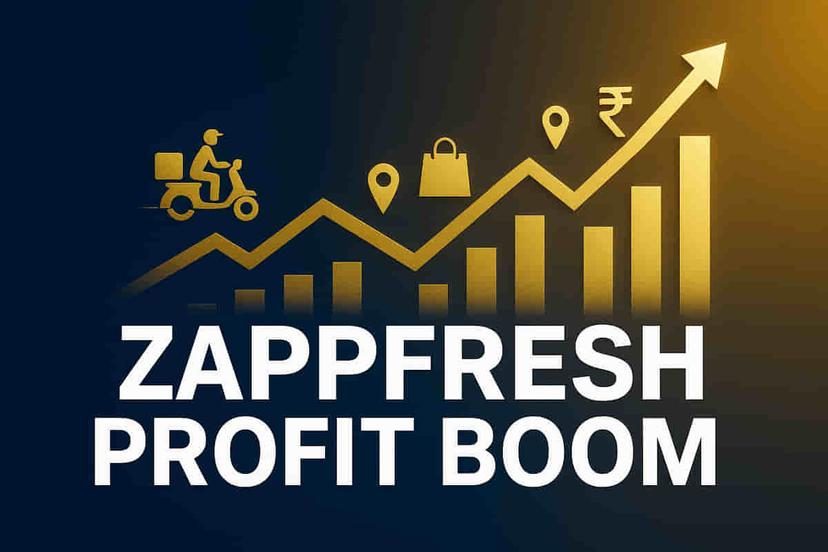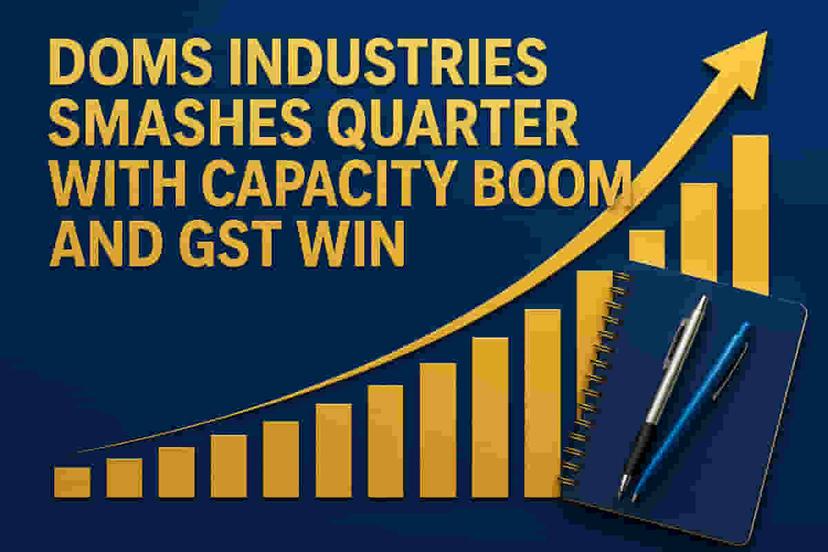AI REVOLUTION: YOUR JOB SKILLS ARE BECOMING OBSOLETE! Why Upskilling is NOW Your Career Survival Kit!
Startups/VC
|
Updated on 13 Nov 2025, 11:36 am
Reviewed By
Abhay Singh | Whalesbook News Team
Short Description:
Stocks Mentioned:
Detailed Coverage:
The rapid advancement of artificial intelligence (AI) and automation is fundamentally reshaping the global workforce, making continuous upskilling a critical necessity for professionals. Experts emphasize that the shelf-life of current skills is shrinking, requiring individuals to constantly learn and adapt to remain relevant in their careers. Arindam Mukherjee, Co-founder and CEO of NextLeap, suggests that while free learning resources are abundant, investing in structured upskilling programs can provide essential guidance and support for those lacking self-drive. A recommended benchmark is allocating 5-10% of one's monthly income towards professional development, viewing learning as a long-term investment similar to savings or insurance. Shantanu Rooj, Founder and CEO of TeamLease Edtech, notes that professionals who invest consistently in learning see measurable career growth. He advises evaluating courses based on 'career impact per rupee' rather than just cost, as short-term tech and management courses can significantly improve job outcomes.
**Impact** This news is highly relevant for the Indian stock market as it highlights trends in human capital development, future workforce readiness, and the growing ed-tech sector. Companies that adapt their workforce through upskilling are likely to be more innovative and productive. The demand for new skills will drive growth in specific sectors and impact employee productivity across industries. Rating: 8/10
**Difficult Terms Explained** * **Upskilling:** Learning new skills or improving existing ones to advance in one's career or adapt to new job requirements. * **AI (Artificial Intelligence):** Technology that enables machines to perform tasks typically requiring human intelligence, such as learning, problem-solving, and decision-making. * **Automation:** The use of technology to perform tasks with minimal human intervention. * **Talent Stack:** The collection of skills, knowledge, and experience an individual possesses. * **Forcing Function:** A mechanism or external pressure that compels an action or behavior. * **Micro-certifications:** Short, focused certifications that validate specific skills or competencies. * **Domain Courses:** Educational programs focused on a particular field or industry. * **Employability Outcomes:** The likelihood of an individual finding or maintaining employment. * **Industry Immersion:** Experiential learning within a specific industry, often through internships or projects. * **Placement Support:** Services offered by educational institutions to help students find jobs after completing their studies. * **ROI (Return on Investment):** A measure of profitability, calculated by dividing the net profit by the cost of investment. * **Qualitative:** Relating to or concerned with quality or characteristics, rather than quantity. * **Tangible Markers:** Measurable and concrete indicators of success or progress. * **Career Stagnation:** A period where an individual's career progress halts or slows significantly. * **L&D (Learning & Development):** Departments or functions within organizations focused on employee training and growth. * **CSR-linked Programmes:** Initiatives funded by Corporate Social Responsibility budgets. * **Tax-deductible:** Expenses that can be subtracted from taxable income, reducing the amount of tax owed. * **Development Allowances:** Financial provisions or deductions allowed for professional development expenses.
Consumer Products Sector

Page Industries Stock Plummets After Earnings Miss: Jockey Maker Faces Investor Sell-off!

D2C Meat Sensation Zappfresh Reports Astonishing Profit Surge & Revenue Boom! Investor Alert!

India's Gem & Jewellery Exports Eye $32 Billion Target with ₹25,000 Crore Govt Push!

Red Fort Blast SHOCKS Delhi Markets! Fear Drives Buyers ONLINE, Businesses Plummet!

Voltas Profit COLLAPSES 74%: Lean Summer & GST Woes Hit Hard! What's Next?

Doms Industries Explodes: Capacity Boost, GST Win, and Record Growth Ignite Stock Surge!
SEBI/Exchange Sector








